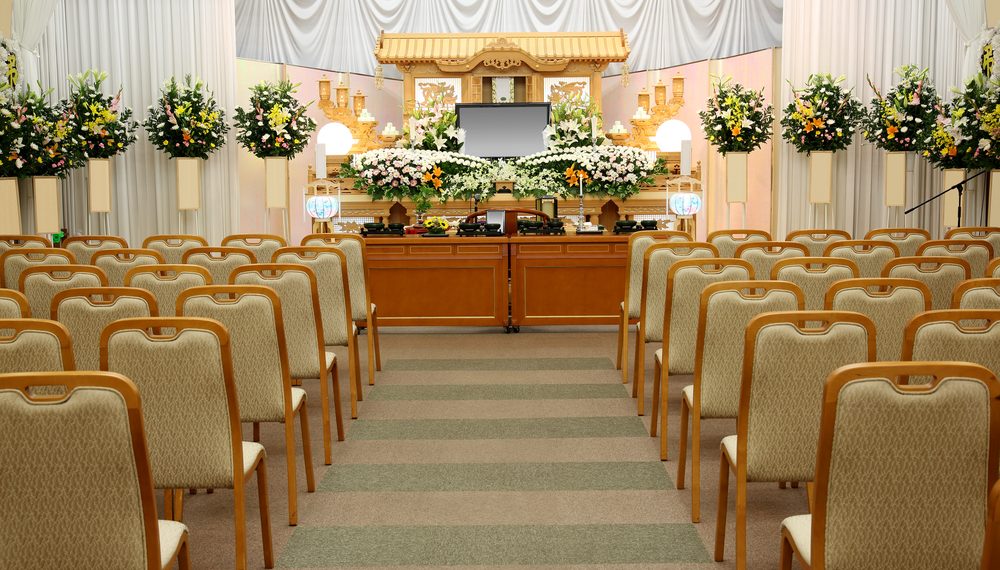On March 19, 2020 and as part of the nation’s early efforts to address the Covid-19 pandemic, the Department of Homeland Security issued its first Guidance on the Essential Critical Infrastructure Workforce. Mortuary service providers and funeral homes were identified on the list as part of the health care and public health sector. Thus, they joined other essential members of the workforce in such sectors as law enforcement, food and agriculture, education and energy.
Table of Contents
A New Reality
From the outset there was much to learn about Covid-19. Mortuary workers had their own particular concerns. If the deceased passed due to a confirmed or suspected case of the coronavirus, how could they avoid infection when transporting the body from a hospital, health care facility or private home? What were the risks involved in preparing bodies for viewing and for burial? Could the ordinary practices involved with coming together to mourn the loss of loved ones be safely handled? Adjustments needed to be made to adapt to the new reality, and funeral homes tapped into resources made available through the National Funeral Directors Association (NFDA) as well as government agencies.
Resources
The NFDA published helpful guidance for funeral workers as well as families and friends dealing with the loss of loved ones during the pandemic. In May the Federal Emergency Management Agency (FEMA) published Covid-19 Best Practice Information for Alternative Funeral Arrangements. Additionally, the CDC’s Funeral Guidance for Individuals and Families has been a useful tool. Each of these documents provide assistance in holding respectful funeral services while also preventing the spread of Covid-19. In all cases, funeral homes are directed to follow the mandates of their local and/or state leaders and public health officials.
Best Practices
Funeral homes have largely adopted recommended best practices. Many have made ample use of web-based platforms for funeral planning and consultations. Besides keeping the spread of the virus at bay, it also has allowed family members living a distance away to participate in the planning process. Digital online electronic-signature programs have become a useful tool for signing official documents and contracting for funeral services.
Visitations prior to burial have been a challenge. Where possible, some funeral homes have held only private viewings for immediate family and friends. Others have adapted by allowing drive-by viewings where a casket is brought to either the front door of the funeral home or in a hearse for individual families to pay their respects from the safety of their vehicles. Mourners are encouraged to add their thoughts and prayers to online guestbooks.
As social-distancing directives have begun to relax in various parts of the country, some funeral homes have opened their doors to in-person visitations, albeit with restrictions. Hand sanitizers are placed in common areas such as bathrooms and beside registration books. Often a funeral home worker or family member is designated to sign in each name rather than sharing a writing instrument.
Masks covering both nose and mouth are expected to be worn, and the number of visitors allowed inside may be limited by number. If there is an abundance of visitors at any given time, mourners are encouraged to rotate out to give others an opportunity to pay their respects. Embracing and hand-shaking is discouraged, nor are mourners encouraged to touch the deceased, especially if they have died from Covid-19 complications. Many funeral homes provide fewer chairs in order to allow for greater social distancing. Those who are ill or who belong to an at-risk population are encouraged to forgo visitation all together.
Religious services have also been a challenge for funeral homes. Particularly in the earlier months of the pandemic, graveside services only have been encouraged and often with immediate family members only. Additionally, funeral homes have discouraged the use of shared limousines between members not of the same household. Many families have opted for a larger celebration of life for the deceased at a later, safer date and time.
A New Normal
As the country continues to work through the pandemic, funeral homes have adapted to a new normal and continue to find safe and creative ways to allow families and friends to respectfully mourn the loss of their loved ones.

